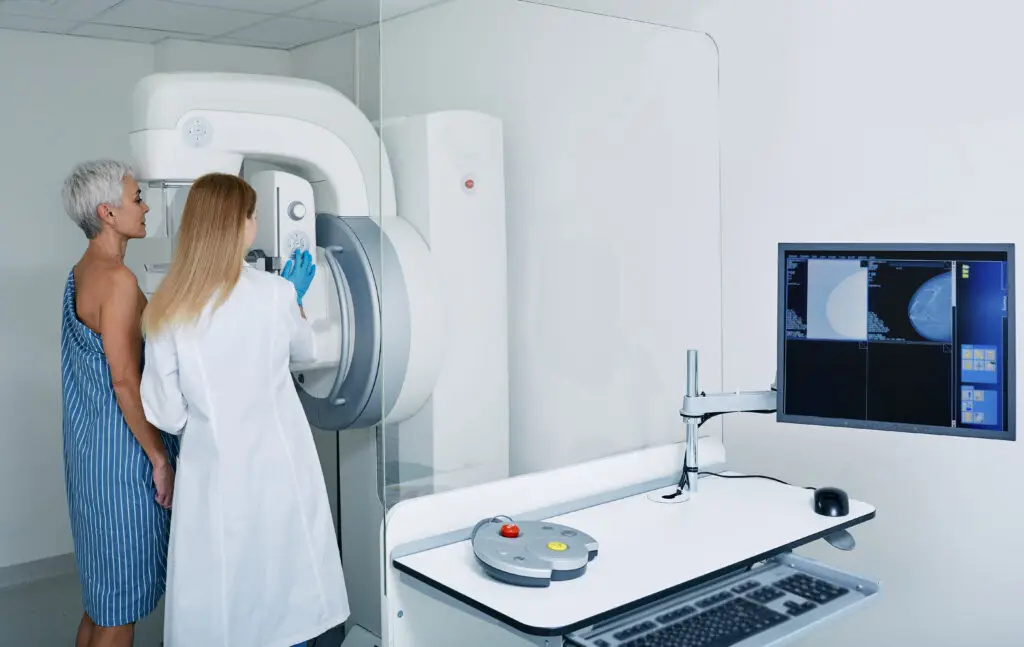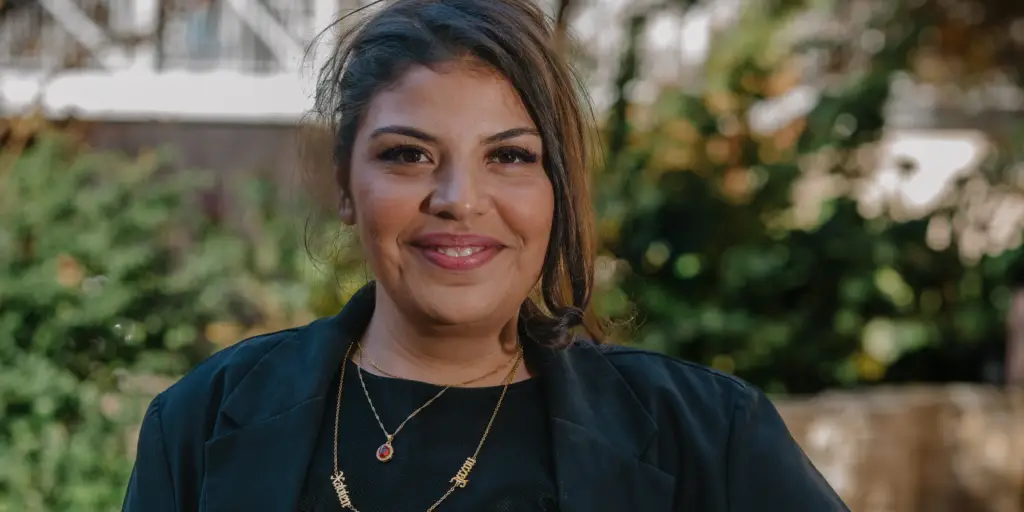The Cancer Moonshot initiative launched in 2016 with the goal of accelerating cancer research and ultimately finding a cure for the disease. In February 2022, the Cancer Moonshot initiative announced new goals that include reducing the death rate from cancer by at least 50% over the next 25 years and improving the experience of people and their families living with and surviving cancer. In his most recent State of the Union Address in February 2023, President Biden reflected on the progress of the Cancer Moonshot so far, and outlined a plan to end cancer as we know it today.
Since its reinvigoration last year, the Cancer Moonshot initiative has led to nearly 30 new federal programs and policies aimed at closing the cancer screening gap, addressing environmental exposure, decreasing preventable cancers, and advancing cutting-edge research. The initiative strives to bring together scientists, researchers, and healthcare professionals from across the globe to collaborate and share information in order to accelerate the development of new cancer treatments and diagnostics. It also seeks to improve patient care and increase access to clinical trials.
Breast cancer is a devastating diagnosis that affects millions of people worldwide. While progress has been made in treating the disease, there’s still a long way to go. That’s why the Cancer Moonshot initiative is so important. By pooling together resources from across the medical community, the initiative aims to accelerate research and bring us closer to a cure for cancer. If you’re a breast cancer patient, you have a unique opportunity to help this effort by sharing your medical history and tumor tissue with researchers, as well as participating in clinical trials.
One of the most valuable contributions you can make as a breast cancer patient is to donate your tumor tissue to research. By analyzing the genetic makeup of your tumor, researchers can gain a better understanding of how the disease works and how it might be treated more effectively. They can also use this information to develop new diagnostic tools and therapies. Many research institutions have programs that allow patients to donate their tissue for this purpose, so you may want to consider talking to your doctor or oncologist about this option.
Another way to help the Cancer Moonshot initiative is by sharing your medical history with researchers. By studying the experiences of patients like you, researchers can gain valuable insights into the disease and its effects. They can use this information to develop more effective treatments, as well as to identify risk factors and early warning signs that could lead to earlier diagnosis.
Finally, participating in clinical trials is an important way to contribute to cancer research. Clinical trials are designed to test new therapies or diagnostic tools, and they depend on patients to participate. By joining a clinical trial, you’ll have access to cutting-edge treatments that may not yet be available to the general public. You’ll also help to advance the field of cancer research and bring us closer to a cure.
If you’re a breast cancer patient, you have a unique opportunity to help advance cancer research through the Cancer Moonshot initiative. By donating your tumor tissue, sharing your medical history, or participating in clinical trials, you can make a valuable contribution to the fight against cancer. Talk to your doctor or oncologist about how you can get involved, and know that your participation could make a significant difference in the lives of millions of people affected by this disease.
Personalized support for real care decisions
Understand your diagnosis, explore clinical trials, and track symptoms--all in one place.
Get started
Compare treatments, prepare for appointments, and track side effects—all in the app
Built for your diagnosis, Outcomes4Me gives you the tools to make confident, informed decisions—right when you need them.
Continue in app






